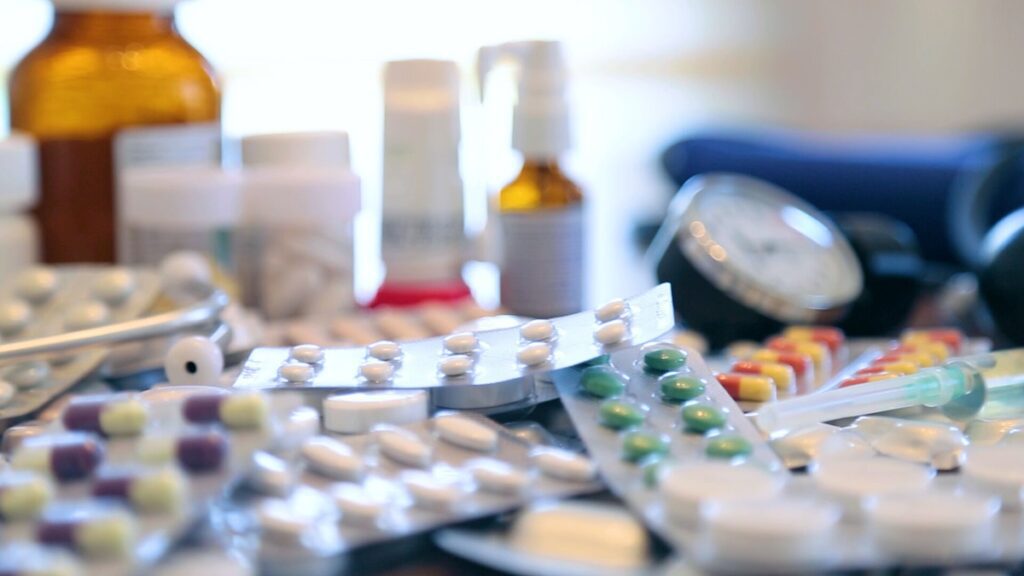Geneva, October 2025 — World Health Organization (WHO) has released six new target product profiles for child-friendly formulations of essential cancer medicines. This publication provides pharmaceutical manufacturers with a clear, technical roadmap to develop much-needed, optimized versions of the medicines specifically designed for use in children worldwide.
Each year, an estimated 400,000 children and adolescents develop cancer, yet survival rates remain below 30% in most low- and middle-income countries (LMICs) compared with over 80% in high-income settings. A significant barrier is the lack of age-appropriate medicines. Children with cancer often rely on adult formulations that are difficult or impractical to administer, leading to inaccurate dosing and unnecessary treatment risks.
A public consultation in spring 2025 gathered additional feedback from industry experts, product developers, the scientific community including paediatric oncologists, pharmacists and formulations experts, implementers, clinicians, and health programme personnel currently involved in the management of childhood cancer.
“Every child with cancer deserves medicines that are safe, effective, and suitable for their age,” says Martina Penazzato, GAP-f lead in WHO’s Science for Health, Science Division, “The work of WHO and its GAP-f partners on these TPPs serves as a reminder of the urgent need for investment and innovation in paediatric oncology drug development — a field that still trails adult oncology by nearly a decade.”
These six TPPs provide clear guidance to manufacturers to address these issues by prioritizing:
- Flexible, child-friendly dosage forms such as dispersible or orodispersible tablets, minitablets, or multiparticulates;
- Stable formulations suitable for hot and humid climates, with shelf-lives over 24 months;
- Palatable and acceptable taste profiles, tested through validated assessments;
- Clear caregiver instructions for safe handling, including in low-literacy settings; and
- Affordable, sustainable production to ensure accessibility in LMICs.
This dialogue will explore technical solutions, shared challenges, and partnership opportunities to accelerate paediatric formulations development and access. Agenda highlights include discussions on how to strengthen partnership among stakeholders active on paediatric medicines development and the pharmaceutical sector, in alignment with GAP-f 2025-2030 Strategy, as well as a dedicated thematic session on childhood cancer to enhance mutual understanding of remaining challenges and shared solutions,

